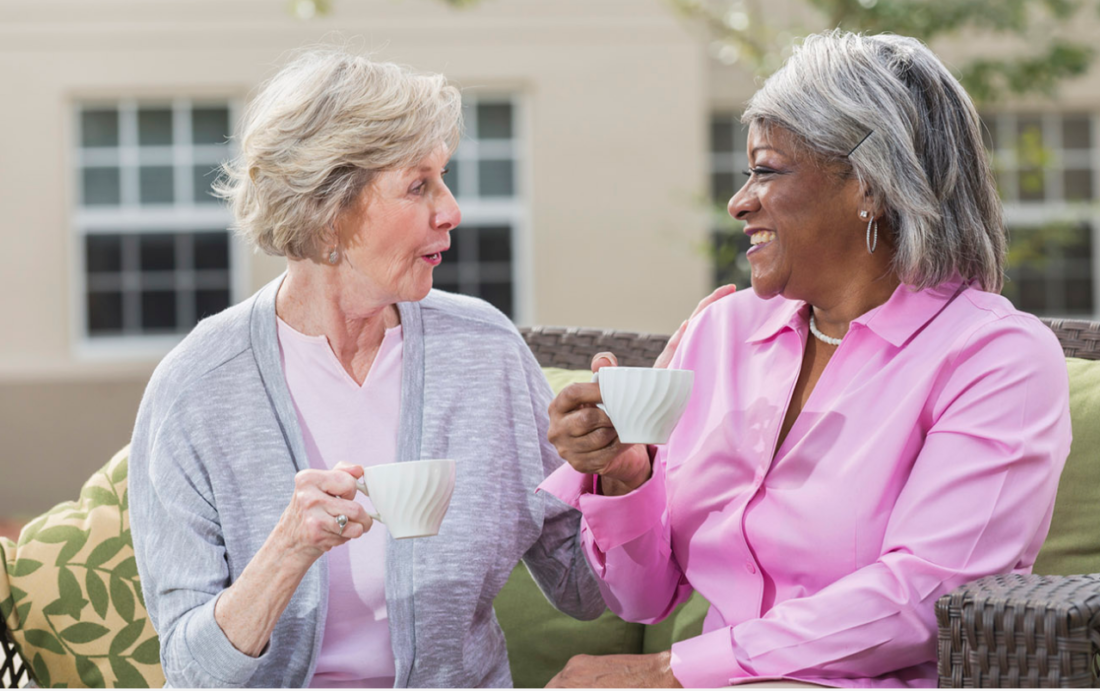Life after menopause is not as easy as you imagine. Although the struggle with the cramps, bleeding, and tampons end, you enter an even more challenging phase. Hormonal changes may affect your mood, sleep, and weight. Urinary incontinence is a common yet lesser-known post-menopausal concern because women tend to bottle up about it. After all, leaking urine as a senior sounds embarrassing. But you must realize that it is a medical problem, so you need help to resolve it. Fortunately, a few changes in your lifestyle makes it easy to deal with. Let us explain how women can learn to live with post-menopausal incontinence.

See a doctor
Your first instinct on facing a leaky bladder will be to keep the problem to yourself. But you must see a doctor get life back on track. Post-menopausal women suffer from weak pelvic floor muscles after childbirth and due to aging factors. A specialist can assess other potentia lcauses of incontinence and recommend treatment options accordingly. Even changing the routine medication you take can make a difference.
Tighten your pelvic floor
The simplest solution for post-menopausal incontinence is to strengthen your pelvic floor. Performing Kegel exercises regularly helps. These simple pelvic workouts entail repeatedly tightening and releasing the muscles in the pelvic area. Three sets of ten Kegels each day are good enough. Once the pelvic muscles gain strength, they will support your bladder to hold for longer.
Wear incontinence underwear
Although you try your best to control leaks, they may happen in most awkward situations. Imagine leaking in the gym, on a long flight, or at a retail store. Thankfully, you can prevent such situations by wearing incontinence underwear. Try Zorbies Washable incontinence underwear for women as they feel like regular panties yet offer dependable leak protection. You can wash and reuse them, so you need not worry about the expense. You can wear them under any garment because they are not bulky like diapers.
Manage your weight
Women tend to gain weight over the years, specifically after menopause, as the hormones go haywire. Excess weight can cause pressure over the bladder, elevating the risk of urinary incontinence. Keeping it in check is perhaps the easiest way to lower your risk and live a comfortable, leak-free life in your sixties and beyond. The best part is that weight control makes you look good and boosts your confidence.
Choose your food and drinks
Besides eating a healthy diet, you must eliminate foods that may irritate your bladder. A balanced diet often helps by eliminating food culprits like sugar, spicy foods, and other triggers. Skip caffeine and alcohol as they also lead to an overactive bladder. But drink enough water to stay hydrated and healthy. However, time your loo trips well to keep leaks at bay and train your bladder in the long run.
Urinary incontinence is a common implication of menopause, but it should not be the end of the road. You can learn to manage it and live with it without giving up on your freedom and enjoyment.



